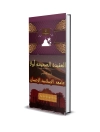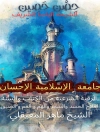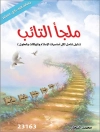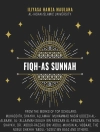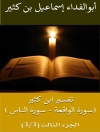Leading international Holocaust scholars reflect upon their personal experiences and professional trajectories over many decades of immersion in the field. Changes are examined within the context of individual odysseys, including shifting cultural milieus and robust academic conflicts.
Table of Content
Introduction
1. Autobiography, Experience and the Writing of History; Steven E. Aschheim
2. From Johannesburg to Warsaw: An Ideological Journey; Antony Polonsky
3. The Personal Contexts of a Holocaust Historian: War, Politics, Trials, and Professional Rivalry; Christopher R. Browning
4. Autobiographical Reflections on Writing History, the Holocaust, and Hairdressing; David Cesarani
5. On the Holocaust and Comparative History; Steven T. Katz
6. Historiosophy as a Response to Catastrophe: Studying Nazi Christians as a Jew; Susannah Heschel
7. Pastors and Professors: Assessing Complicity and Unfolding Complexity; Robert P. Ericksen
8. Protestants, Catholics, Mennonites, and Jews: Identities and Institutions in Holocaust Studies; Doris L. Bergen
9. My Wrestling with the Holocaust; Karl A. Schleunes
10. ‘ ‘Lessons ‘ ‘ of the Holocaust and the Ceaseless, Discordant Search for Meaning; Michael R. Marrus
11. Apartheid and the Herrenvolk Idea; David Welsh
12. Echoes of Nazi Antisemitism in South Africa during the 1930s and 1940s; Milton Shain
About the author
Steven E. Aschheim, The Hebrew University of Jerusalem, Israel Antony Polonsky, Brandeis University, USA David Cesarani, Royal Holloway, University of London, UK Steven T. Katz, Boston University, USA Robert P. Ericksen, Pacific Lutheran University, USA Doris L. Bergen, University of Toronto, Canada Karl A. Schleunes, University of North Carolina at Greensboro, USA David Welsh, Stellenbosch University, South Africa


